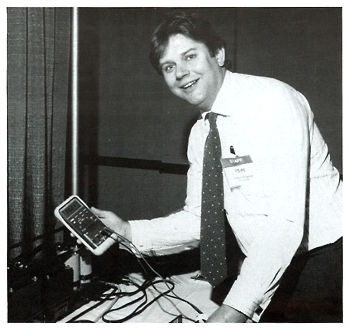I just read yet another person trying to defend a position related to audio by referencing "double blind studies" generally. The idea always sounds great as a listening test. Truly see if people are able to notice differences between things. If we use a fairly controlled method, this information should grow in precision over time. The more blind tests that are done, the closer the results of those tests should point towards some actual underlying truth. This would be fantastic for all sorts of reasons. The problem is, this sort of testing does require enough repetition to make it valuable. And if that repetition was there, it should be tracked somewhere, right? So why is it so hard to find results of such tests? Is there anyone who does these on a large scale? I think it would be great if it was done.
Does anyone have any links to high quality double blind listening tests and their results? Does such a thing exist?
Does anyone have any links to high quality double blind listening tests and their results? Does such a thing exist?


